Search Results
Showing results 1 to 18 of 18
Healthy Buffet
Source Institutions
In this nutrition activity (page 2 of the PDF), learners will be split up into food groups (Fruit, Vegetable, Meat & Beans, Grain, and Dairy) and draw a picture of their favorite food from their g

Food Chains
Source Institutions
In this activity, learners will explore the roles of different animals in the food chain. They will create their own food chain using organisms of their choice.
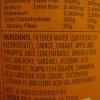
Which Foods Contain Sugar?
Source Institutions
In this health activity (page 6 of the PDF), learners examine ingredient labels of packaged food products to find out what sugar ingredients they contain.
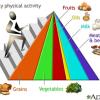
In Proportion
Source Institutions
Through this nutrition activity (page 5 of the PDF), learners will understand—and probably be surprised by—how big serving sizes of various foods should be.
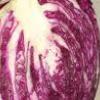
pHun with Cabbage
Source Institutions
In this chemistry activity, learners will test the pH of various foods and household substances using cabbage.
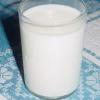
Magic Colored Milk
Source Institutions
In this chemistry activity (page 5 of the PDF), learners will use milk and a few other basic ingredients to create a chemical change to make a color wheel.

Rainbow Density Experiment
Source Institutions
In this colorful activity (page 6 of the PDF), learners will make a multicolor density column by using different concentrations of sugar solutions.
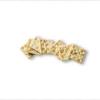
Spit Test
Source Institutions
In this biology activity (page 8 of the PDF), learners will explore how saliva assists in the beginning of the digestive process.
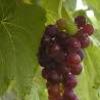
Light Combinations
Source Institutions
In this activity about magnetism (page 17 of the pdf), learners experiment with magnets, exploring the concept of diamagnetic materials by seeing how a grape reacts to a magnetic field.
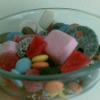
Candy Dish Natural Selection
Source Institutions
In this yummy biology activity (page 3 of the PDF), learners participate in a demonstration of natural selection.
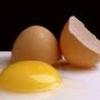
Egg-stra Strength
Source Institutions
In this physics activity, learners will investigate the strength of egg shells.
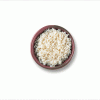
Rice Handle
Source Institutions
In this physics activity, learners attempt to lift a jar full of rice using only a spoon.
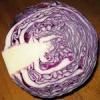
Cabbage Patch Chemistry
Source Institutions
In this chemistry activity, learners will learn how to make their own pH indicator using cabbage leaves, and then test common household items with their homemade indicator.
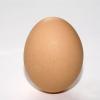
Eggshell Inertia
Source Institutions
In this physics activity (page 14 of the PDF), learners gain a better understanding of how friction and mass affect objects by comparing the rotational inertia of raw and hard-boiled eggs.

Soda Pop Cave
Source Institutions
In this geology activity (page 6 of the PDF), learners explore how carbonic acid can slowly dissolve limestone and form caves.
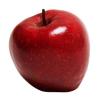
An Apple as Planet Earth
Source Institutions
In this environmental education demonstration (page 6 of the PDF), learners will see a tangible representation of the scarcity of soil resources on earth.

Edible Ink
Source Institutions
In this chemistry activity (page 6 of the PDF), learners observe a chemical change. Learners write and reveal a secret message using edible ink.
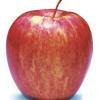
Checking For Starch
Source Institutions
In this chemistry activity (page 3 of the PDF), learners will observe a chemical change, specifically what happens to iodine when it is applied to ripe and unripe apples.
